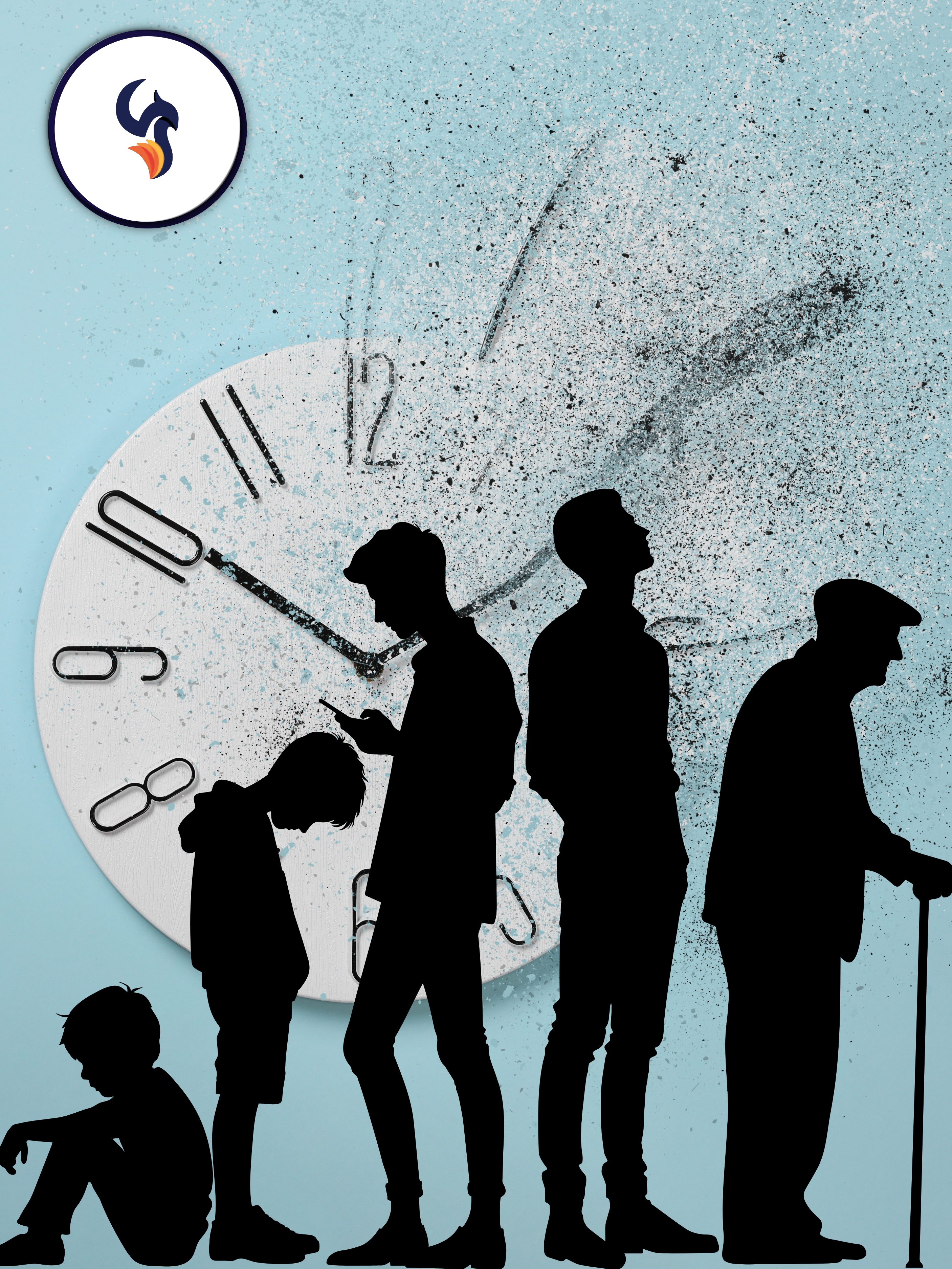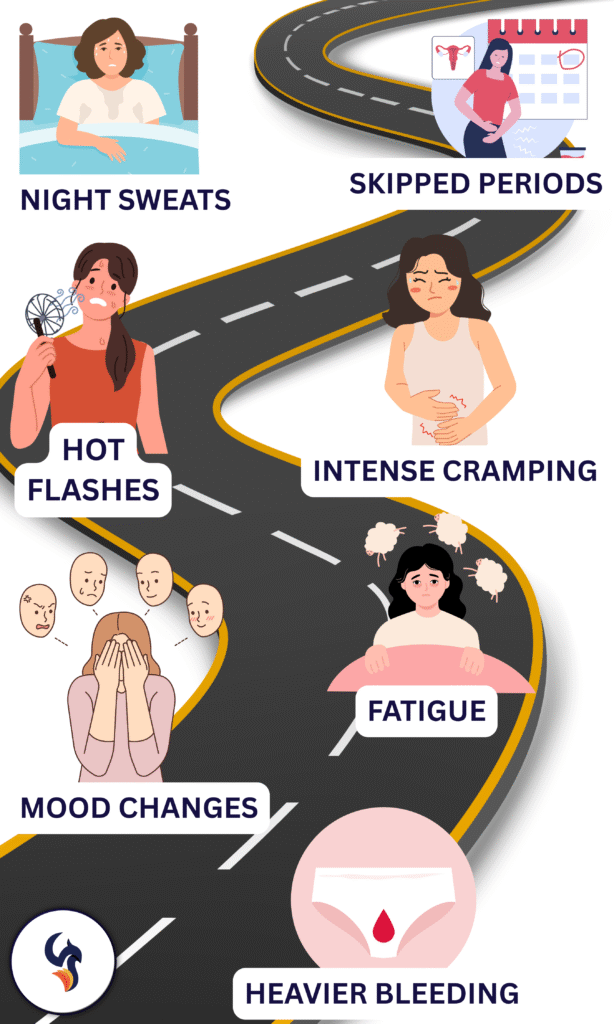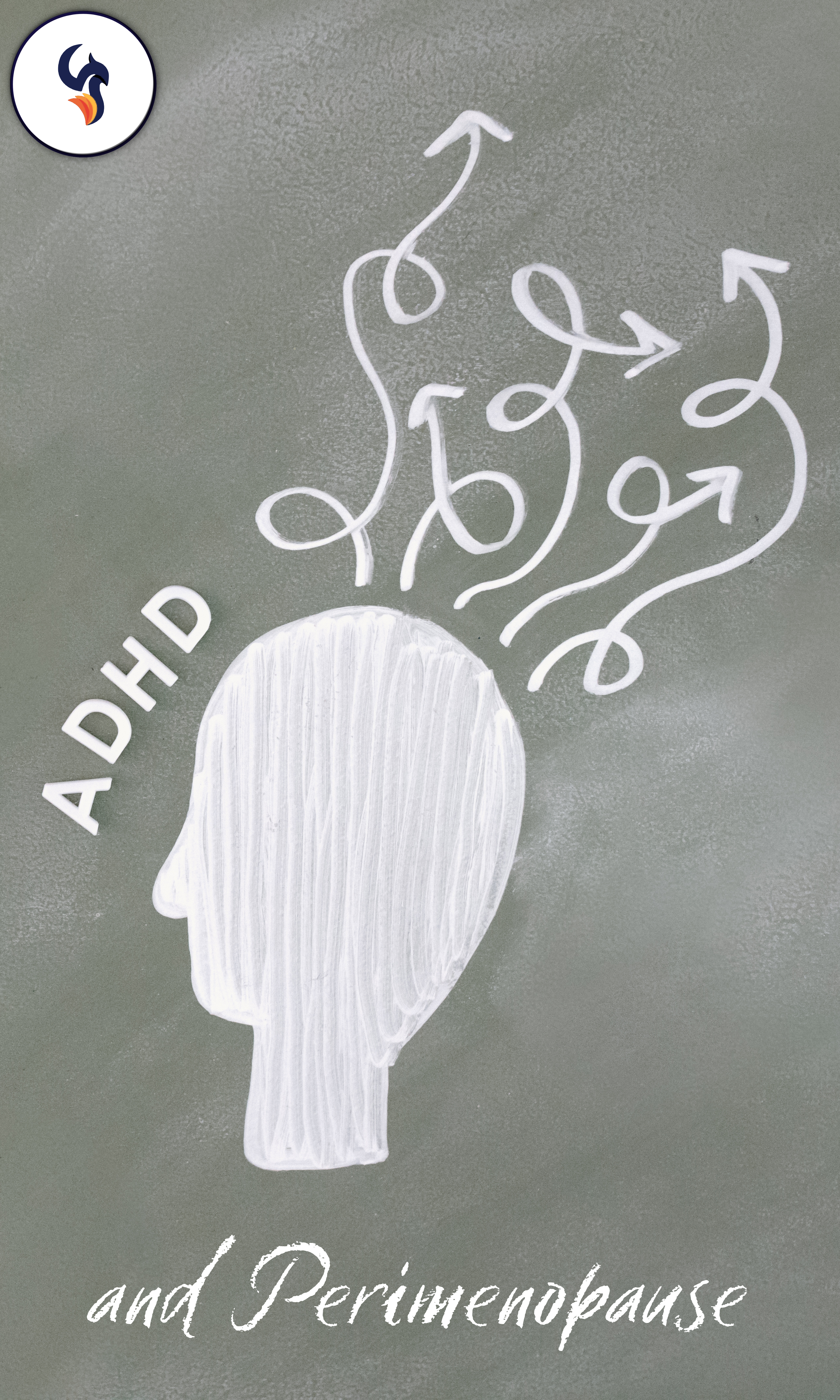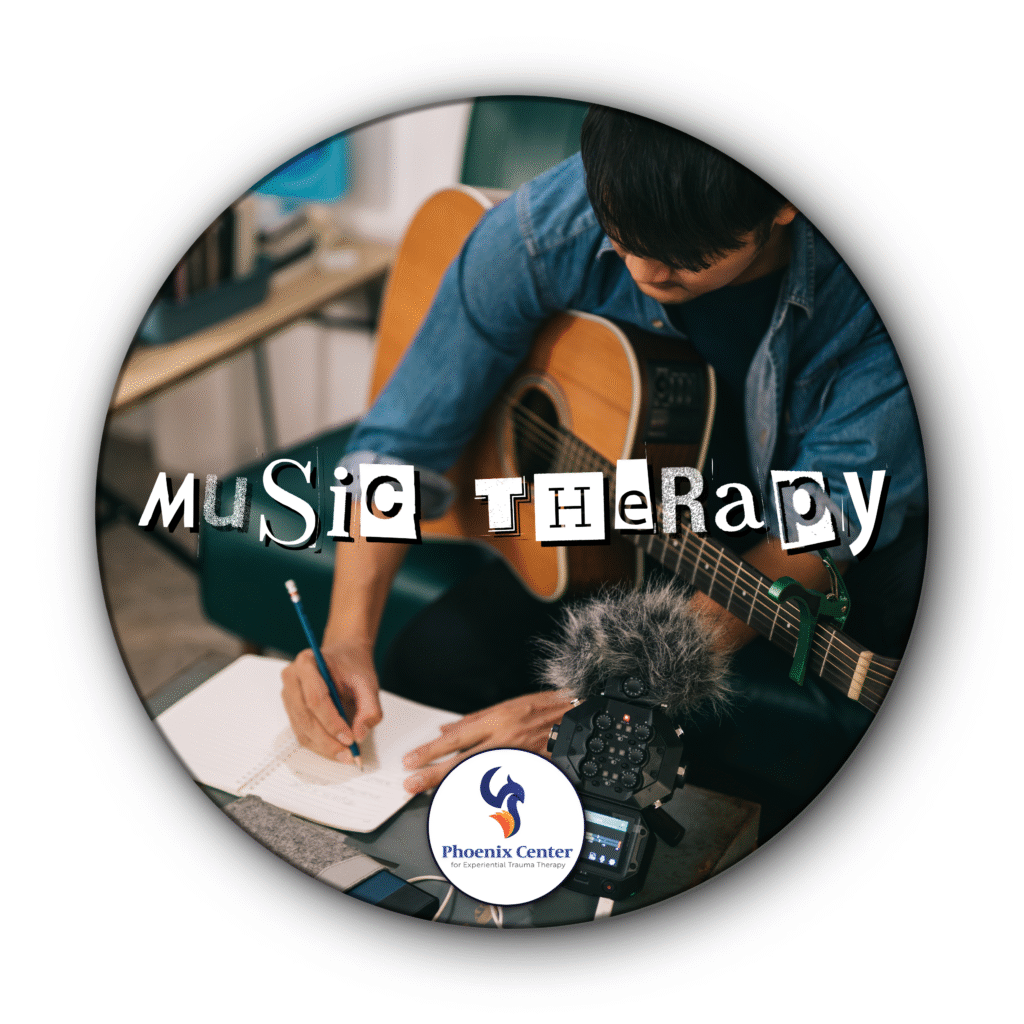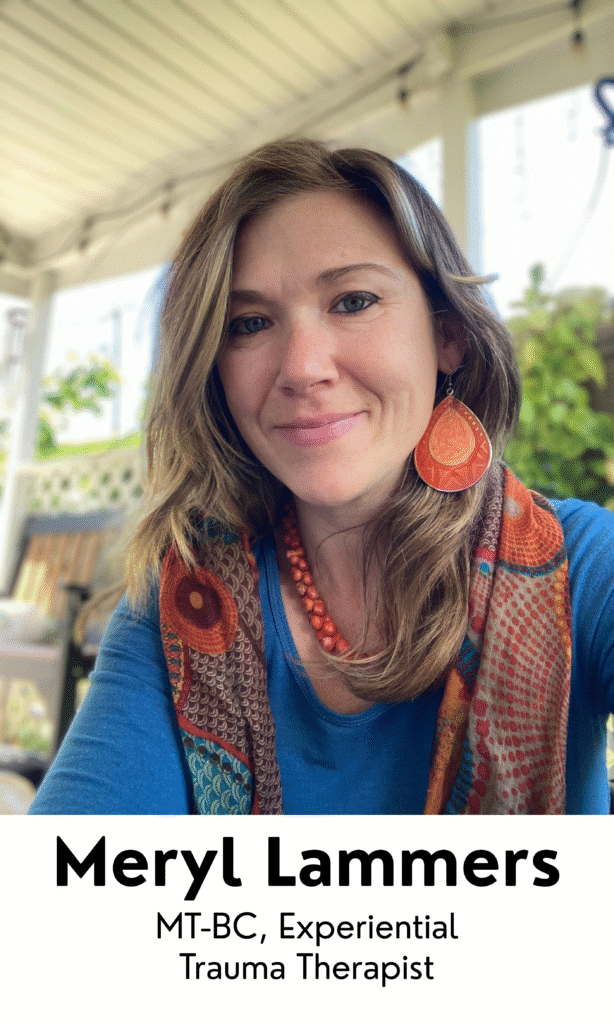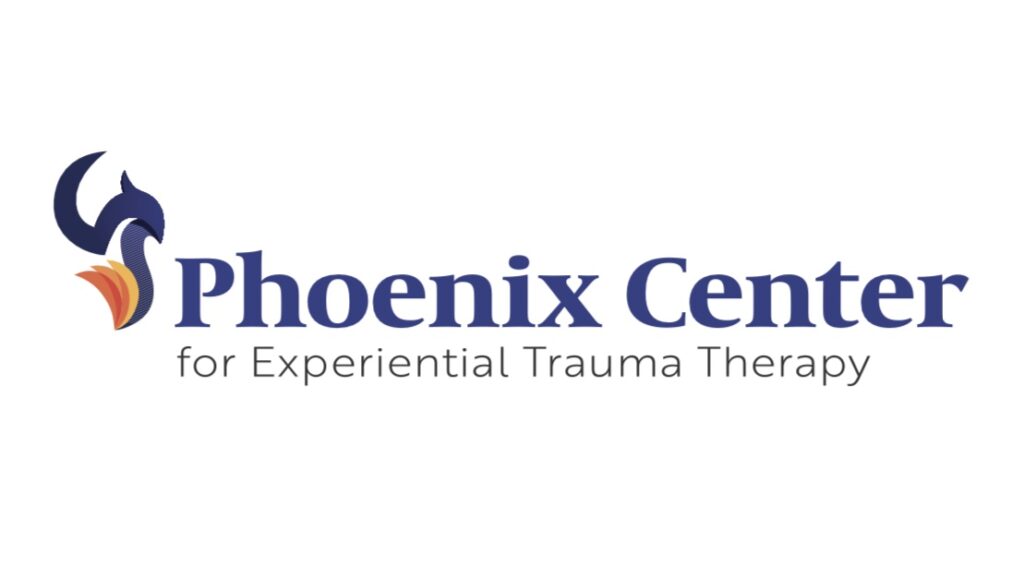Communications Assistant
Phoenix Center for Experiential Trauma Therapy
(Please read full description before applying)
Full-Time, In-person Role with some hybrid flexibility in Media, PA
Offering benefits package that includes medical insurance, dental insurance, vision insurance, & 401k retirement plan.
$20-28/hour
Our growing trauma therapy practice is seeking an efficient, consistent, empathetic, and detail-oriented Communications Coordinator to join our team. The ideal candidate will have experience in customer service, graphic design, strong interpersonal skills, and the ability to multitask. This position requires a confident professional who can work independently, communicate effectively, and collaborate with others to ensure the smooth functioning of the practice. This position is diverse in its skill requirements including aspects of design, marketing, website and newsletter updates, admin, front desk customer service, event planning, and coordinating with our staff.
This is a full-time (40 hours per week), benefit eligible position (includes medical, vision, dental, and 401k benefits). We are seeking a long-term committed professional that we can invest in, train, and welcome as part of our close-knit organization.
As an organization of trauma therapists, we place considerable emphasis on meaningful work relationships, work-life balance, and self-care. As a smaller, growing organization, we are expanding our inner organizational processes and seeking a professional who can actively contribute to our growth with creative ideas. This role is an important part of our team, managing and coordinating many essential organizational tasks and processes. As our organization continues to expand, the responsibilities, leadership, and compensation with this role are likely to also expand.
Below are some of the duties of the Communications Coordinator:
Graphic Design and Marketing
- Graphic design for all events and service offerings
- Website, newsletter, and social media content updates
- Create ticketing and add events to website
- Help with online marketing presence and outreach
- Schedule daily social media posts (facebook, instagram, linkedin, youtube)
- Video review/editing support
- Attend local outreach and networking events representing the phoenix center
Administrative and Customer Service
- Answering office phone to schedule intakes and provide information to callers
- Communicate with potential clients or event attendees via phone/email
- Coordinating office supplies, refills, and contractors/maintenance visits
- Event planning for team events (team dinners/events and open houses)
- Engage in research/information gathering related to new policy changes, market trends, events, and inner organizational processes (such as new platforms, apps, or event ticketing), etc.
- Managing special projects
- Helping to organize other internal processes/policies (handbooks, google folders, templates, IT support calls, etc.).
- Help with client intake assessments as needed
- Support the leadership team and clinical team with administrative and marketing responsibilities
Continuing Education (CE) Program administration
- Connect with CE event organizers/hosts/trainers
- Ensure submitted CE requests conform to license board requirements
- Create evaluation links for events
- Create and email participant warm-up emails before events and CE certificates after events.
- Send letters of completion to trainers after events
- Respond to requests for old CE documentation from attendees
- Support (and eventually manage) CE approval renewal applications
Other Details
- Occasional evening and weekend hours
- Other duties as assigned
- Possibility to co-create aspects of the role based on your skills and interests
- Strong commitment to diversity, respect, and inclusion
- Some knowledge of mental health, trauma, and/or substance use preferred
- 1-3 years of experience in graphic design
- 1-3 years of experience in an administrative support role, preferably in a healthcare or mental health setting
- Knowledge of electronic health records and practice management software – strong digital skills
- Ability to work independently and prioritize tasks in a fast-paced environment
- Proficiency in Microsoft Office, Google suite, Canva, WordPress, facebook, linkedin, instagram, youtube, and constant contact
- Preferred training in confidentiality laws, mandating reporting, and suicide assessment
Application Instructions
Attention to detail is a necessary skill for this role. If you have read this entire job description and are interested in applying for the role, please submit your resume and cover letter for consideration to Dr. Scott Giacomucci at Scott@PhoenixTraumaCenter.com with the email subject line “Job Application – Communications Assistant”. Thank you!!






